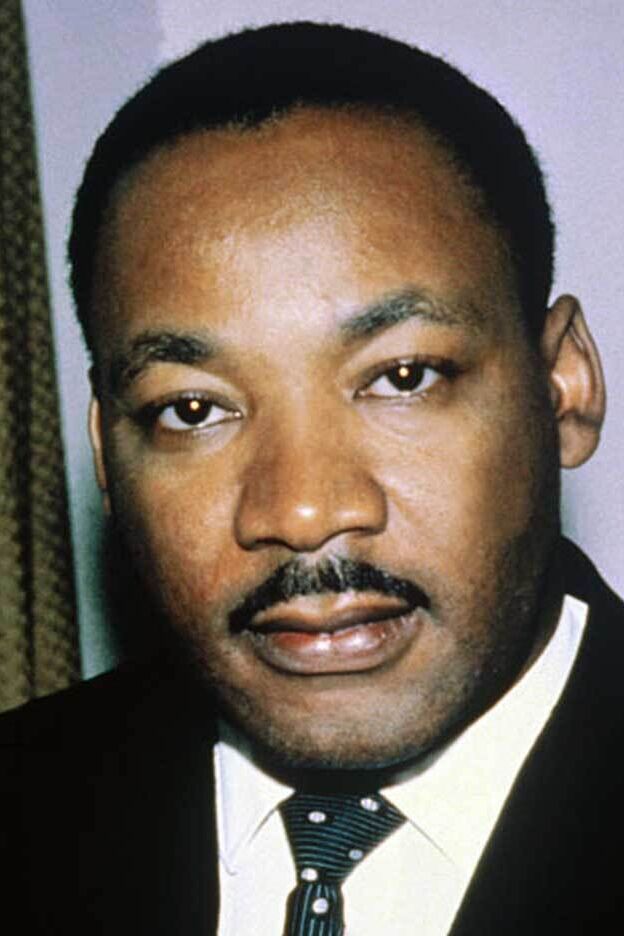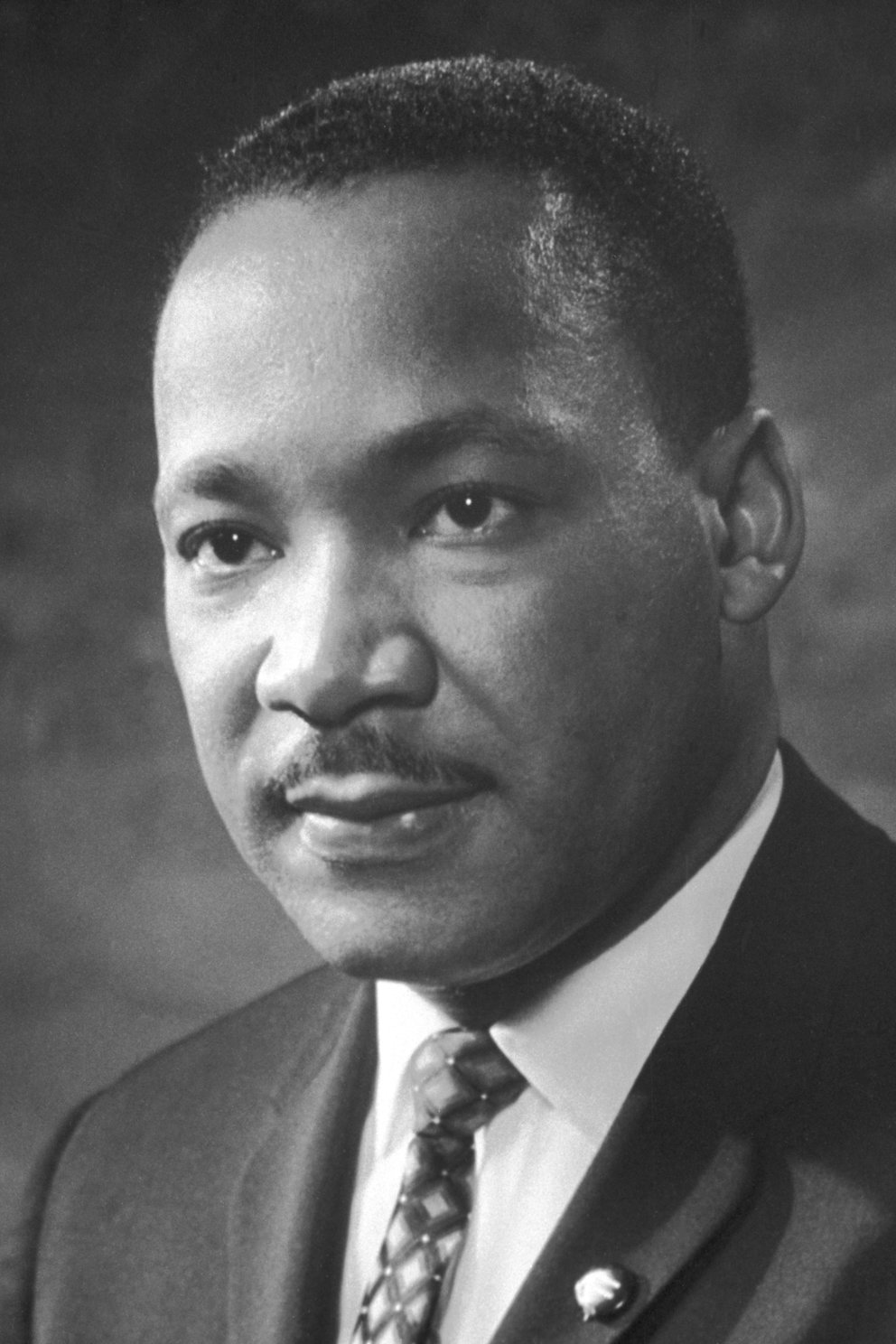When did Martin Luther King Jr. die? This question has resonated through history, marking not just the end of a life but the beginning of a legacy that continues to inspire millions worldwide. The assassination of Martin Luther King Jr. on April 4, 1968, remains one of the most significant events in American history. It was a moment that shook the nation and brought to light the urgent need for racial equality and social justice.
King's death was more than just the loss of a leader; it was a turning point that highlighted the challenges faced by the civil rights movement. His vision for a better world, free from racial discrimination, continues to guide individuals and communities today. This article delves into the circumstances surrounding his death, the impact it had on society, and the enduring legacy he left behind.
Through this exploration, we aim to honor Martin Luther King Jr.'s memory by understanding the events that led to his tragic death and the profound influence he had on the fight for equality. This journey through history will provide valuable insights into why his death remains a pivotal moment in the struggle for civil rights.
Read also:John Cena Naked The Truth Behind The Controversy And Misconceptions
Biography of Martin Luther King Jr.
Martin Luther King Jr. was born on January 15, 1929, in Atlanta, Georgia. His life was dedicated to advocating for civil rights through nonviolent protest and peaceful activism. Before his untimely death, King became one of the most prominent figures in the American civil rights movement, earning the Nobel Peace Prize in 1964 for his efforts.
Personal Information
| Full Name | Martin Luther King Jr. |
|---|---|
| Date of Birth | January 15, 1929 |
| Place of Birth | Atlanta, Georgia, USA |
| Spouse | Coretta Scott King |
| Children | Yolanda King, Martin Luther King III, Dexter Scott King, Bernice King |
When Did Martin Luther King Jr. Die?
On April 4, 1968, Martin Luther King Jr. was assassinated in Memphis, Tennessee. The event occurred at the Lorraine Motel, where he was standing on the balcony outside his second-floor room. His death was a shock to the nation and the world, sparking widespread outrage and protests.
Key Facts Surrounding His Assassination
- King was in Memphis to support the striking sanitation workers, advocating for better working conditions and fair wages.
- James Earl Ray was convicted of King's assassination and sentenced to 99 years in prison.
- The assassination led to a national day of mourning and increased attention to the civil rights movement.
Why Was Martin Luther King Jr. Assassinated?
The assassination of Martin Luther King Jr. is believed to have been motivated by his leadership in the civil rights movement and his efforts to promote racial equality. His advocacy for nonviolent resistance and social justice made him a target for those who opposed his vision.
Factors Contributing to His Assassination
- His strong stance against racial segregation and discrimination.
- His vocal opposition to the Vietnam War, which alienated some political allies.
- His growing influence in organizing grassroots movements for economic justice.
Impact of Martin Luther King Jr.'s Death
The assassination of Martin Luther King Jr. had a profound impact on American society. It galvanized the civil rights movement and inspired a new generation of activists to continue the fight for equality. The tragedy also highlighted the urgent need for systemic change and reform.
Social and Political Repercussions
- Outbreaks of violence and civil unrest across major cities in the United States.
- Increased support for the Civil Rights Act and the Voting Rights Act.
- Greater awareness of the importance of addressing systemic racism and inequality.
Legacy of Martin Luther King Jr.
Martin Luther King Jr.'s legacy continues to inspire people around the world. His commitment to nonviolence and social justice has become a guiding principle for activists and leaders alike. His vision of a world where all individuals are treated with dignity and respect remains relevant today.
Contributions to Civil Rights
- Leadership in the Montgomery Bus Boycott, which led to the desegregation of public transportation.
- Organizing the March on Washington, where he delivered his famous "I Have a Dream" speech.
- Advocacy for voting rights, economic justice, and international peace.
Memorializing Martin Luther King Jr.
In honor of his contributions, Martin Luther King Jr. is commemorated through various memorials and observances. These tributes serve as a reminder of his enduring impact and the importance of continuing the work he began.
Read also:Fixer To Fabulous A Comprehensive Guide To Transforming Your Living Space
Notable Memorials
- Martin Luther King Jr. Memorial in Washington, D.C.
- Martin Luther King Jr. Day, a federal holiday celebrated annually in the United States.
- Countless statues, parks, and institutions named in his honor worldwide.
Lessons from Martin Luther King Jr.'s Life
Martin Luther King Jr.'s life and death offer valuable lessons about courage, perseverance, and the power of nonviolent resistance. His example continues to inspire individuals to stand up for justice and equality, even in the face of adversity.
Key Takeaways
- The importance of standing up for what is right, even when it is difficult.
- The effectiveness of nonviolent protest in bringing about meaningful change.
- The necessity of addressing systemic issues to achieve true equality.
How Martin Luther King Jr.'s Death Influenced Future Movements
The assassination of Martin Luther King Jr. played a crucial role in shaping future social justice movements. It highlighted the need for continued activism and inspired leaders to carry on his work. The lessons learned from his death continue to inform contemporary efforts to address inequality and injustice.
Modern-Day Activism
- The Black Lives Matter movement, which builds on King's legacy of advocating for racial justice.
- Ongoing efforts to address economic inequality and systemic racism.
- Global movements inspired by King's vision of a just and equitable society.
Conclusion
When did Martin Luther King Jr. die? While the answer to this question marks a tragic moment in history, it also serves as a reminder of the enduring impact of his life and work. His death was a catalyst for change, inspiring countless individuals to continue the fight for civil rights and social justice.
As we reflect on his legacy, let us commit to upholding the values he championed. Share this article with others to spread awareness of Martin Luther King Jr.'s contributions and explore more content on our site to deepen your understanding of his remarkable life and work.
Table of Contents
- Biography of Martin Luther King Jr.
- When Did Martin Luther King Jr. Die?
- Why Was Martin Luther King Jr. Assassinated?
- Impact of Martin Luther King Jr.'s Death
- Legacy of Martin Luther King Jr.
- Memorializing Martin Luther King Jr.
- Lessons from Martin Luther King Jr.'s Life
- How Martin Luther King Jr.'s Death Influenced Future Movements
- Conclusion
Sources:
- King Institute at Stanford University
- Civil Rights Digital Library
- National Park Service

